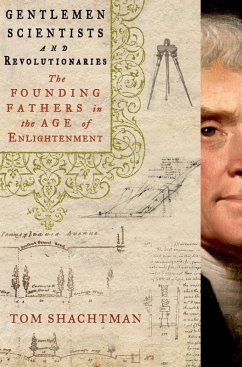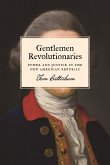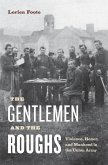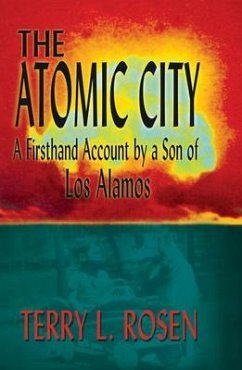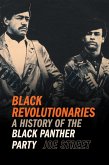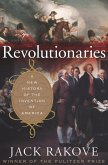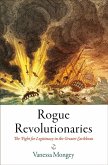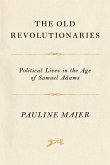Science and experimentation were at the heart of the Founding Fathers' philosophies and actions. The Founders relentlessly tinkered, invented, farmed by means of scientific principles, star-gazed, were fascinated by math, used scientific analogies and scientific thinking in their political writing, and fell in love with technologies. They conceived of the United States of America as a grand "experiment" in the scientific meaning of the word. George Washington's embrace of an experimental vaccination for smallpox saved the American army in 1777. He was also considered the most scientific farmer in the country. John Adams founded a scientific society and wrote public support of science into the Massachusetts constitution. The president of another scientific society, Thomas Jefferson, convinced its leading lights to train Meriwether Lewis for the Lewis and Clark expedition; his Declaration of Independence was so suffused with scientific thinking that it was called Newtonian. Benjamin Franklin's fame as an "electrician" gave him the status to persuade France to help America win the Revolutionary War. Thomas Paine invented smokeless candles, underwater bombs, and the first-ever iron span bridge. In Gentlemen Scientists and Revolutionaries, Tom Shachtman provides the full story of how the intellectual excitement of scientific discoveries had a powerful influence on America's Founding Fathers.
Dieser Download kann aus rechtlichen Gründen nur mit Rechnungsadresse in D ausgeliefert werden.

